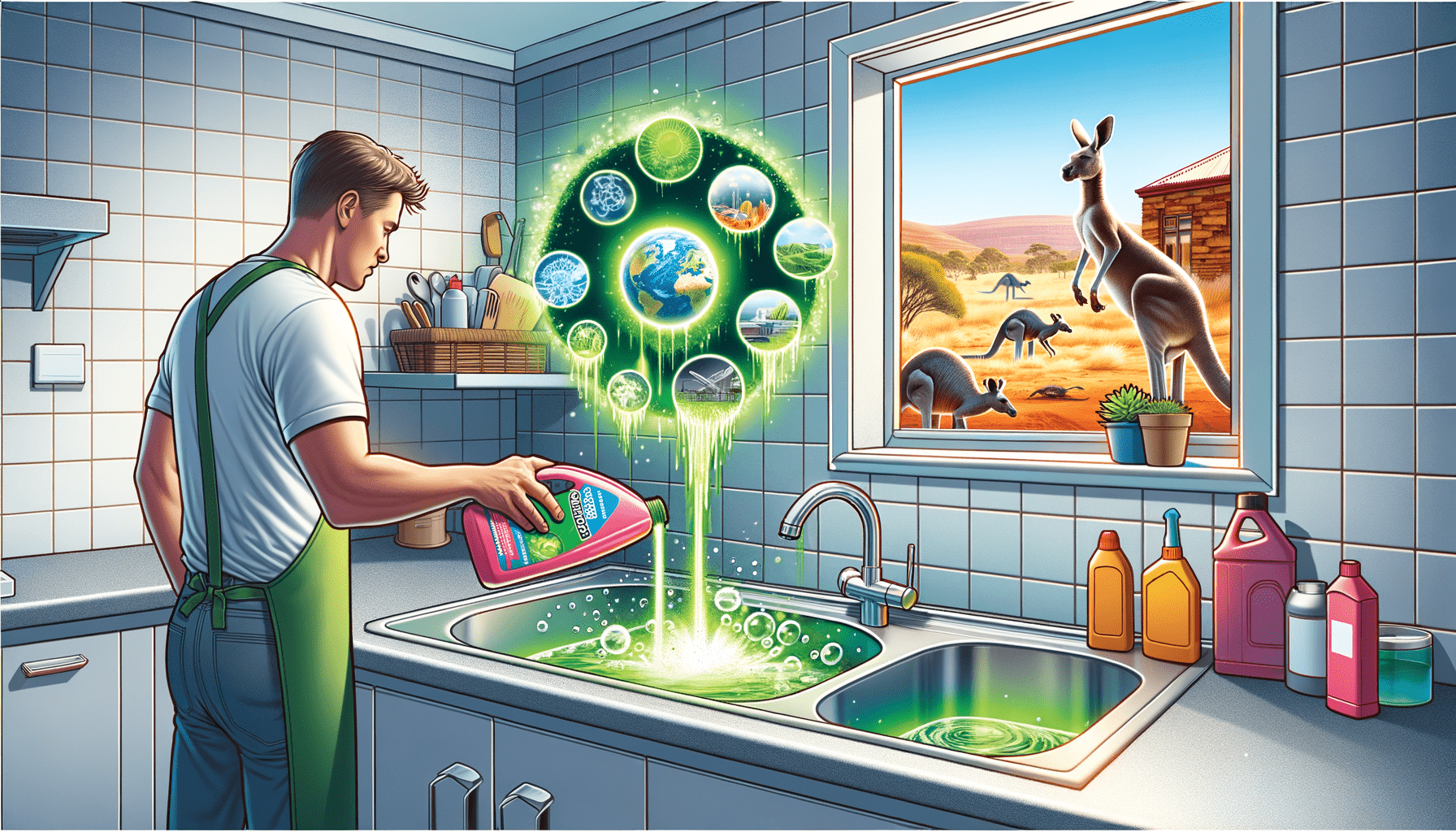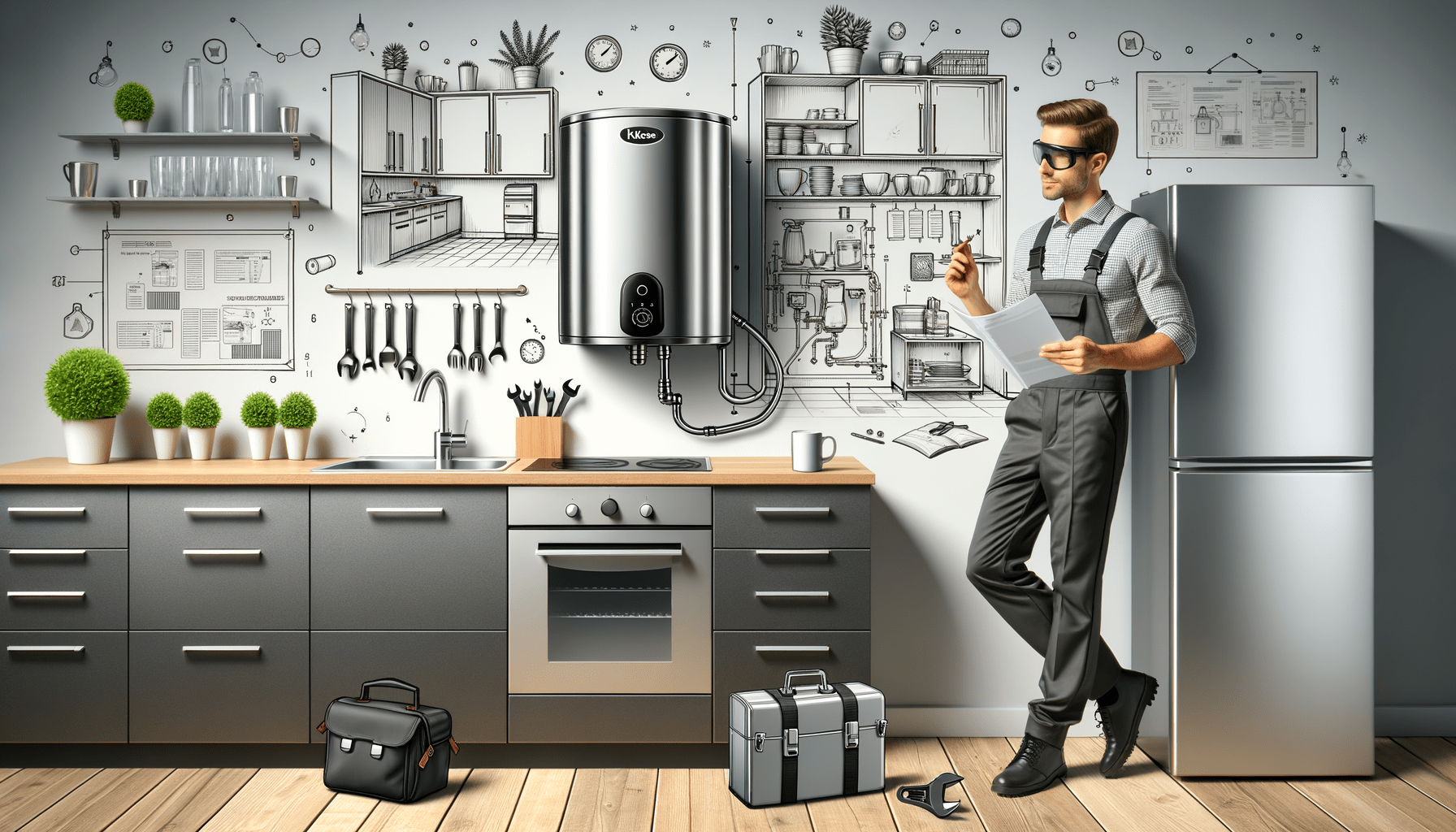Staring down into the depths of a stubbornly blocked drain is sure to invoke a sigh from anyone. Before you can enjoy the waters in Australia’s fabulous seaside, your immediate concern is coaxed by the gurgling protest of your pipes at home. But don’t be disheartened! Your allies in this plight are right there on your pantry shelf – chemical drain cleaners! These magic potions promise to make pipe blockages vanish like foam into water. But do they live up to their claims? Let’s delve into it!
Contents
- Efficiency of Chemical Drain Cleaners
- Application Instructions of Chemical Unblockers
- Chemical Unblockers: Environmentally Friendly Alternities
- Descriptive Overview: Powder Drain Cleaners
- Utilizing Powder Drain Cleaners Correctly
- Purpose and Usage of Multi-Purpose Cleaners
- Benefits of Eco-Friendly Drain Unblockers
- Insight into Pack Cleaning Bundles
- In Conclusion…
- Frequently Asked Questions (FAQ)
Efficiency of Chemical Drain Cleaners
A good place to start would be with the reported figures: approximately 20% of Australian households resort to chemical drain cleaners to abate blockages, with around 75% effectiveness reported for minor clogs. As a fact, chemical cleaners set an immediate reaction with the stuff causing the clog, leading to heat production that dissolves or loosens the obstruction. However, not all instances might prove as fruitful. Profound blockages might require more than an over-the-counter solution. Also, about half of professional plumbers in Australia encounter misuse or overuse of these products in clients’ homes resulting in pipe damage.
In summary, those thick clots made from fats or other materials aren’t always cleared away magically with chemical drain cleaners. However, in more than a fair number of cases, one can expect optimistic results.
Application Instructions of Chemical Unblockers
Operating a chemical unblocker is not rocket science, but it can have disastrous outcomes if not used correctly. Notably, around 30% of calls to poison control centres in Australia relate to the improper handling of household chemicals, including drain cleaners.
Always study the instructions on the packaging beforehand and use the product strictly as guided. Be certain not to mix distinct cleaning materials since this might lead to harmful chemical reactions. Moreover, working with gloves and eyewear is strongly advised due to the caustic nature of these substances.
Pour only as much cleaner as instructed and no more. After adding the substance into your problematic pipe, leave it for the prescribed period before flushing it with water. It’s also crucial to remember that these cleaners are best used as a last option before calling a professional plumber.
Chemical Unblockers: Environmentally Friendly Alternities
In current times, preserving our natural environment should always be a priority. Chemical drain cleaners contribute 5-10% of total chemical pollutants in urban wastewater systems across Australia. Luckily, there are ‘greener’ alternatives which have less environmental impact readily available in most Australian markets.
Nonetheless, part of the population (around 40%) has shown their environmental consciousness by favoring mechanical methods such as plungers or drain snakes over chemical cleansing agents. Other eco-friendly solutions contain enzymes or bacteria that naturally break down the blockage without harming pipes.
In essence, eco-cleaners are safer for your local water systems and your home, offering effectiveness without compromising on safety or stewardship towards Mother Nature.
Descriptive Overview: Powder Drain Cleaners
These are typically instrumental when the blockage contains fat, hair and grease; sources of most common pipe blockages in Australia. About 80% of chemical drain cleaner brands in this country market their effectiveness towards such clogs, predominantly featuring sodium hydroxide or sulfuric acid as active ingredients.
Donning gloves and protective glasses, carefully observe the instructions on the container prior to using powder cleaners. Add the recommended amount to the blocked drain, then wash it down with a prescribed measure of boiling water (typically around two litres).
Wait for half an hour or so for the cleaner to break down and dissolve the clog. If you find water draining slowly or not at all after this period, it may be time to call in a professional.
Utilizing Powder Drain Cleaners Correctly
The application process of powder cleaners is straightforward, comprising of pouring the powder into the drain, followed by hot water. However, misconceptions about these products’ usages lead people to misuse them, which may potentially cause more harm than good.
An important step in ensuring safety is to never use this type of cleaner on completely blocked drains. When faced with a stubbornly blocked drain, do start with mechanical cleaning tools first. Resort to chemical solutions only after these initial efforts have been unsuccessful.
Also, keep in mind that these cleaners should not be used on your toilets since the heat generated may cause your toilet bowl to crack. Regular preventative maintenance will go a long way in keeping your drains free-flowing and devoid of stubborn blockages.
Purpose and Usage of Multi-Purpose Cleaners
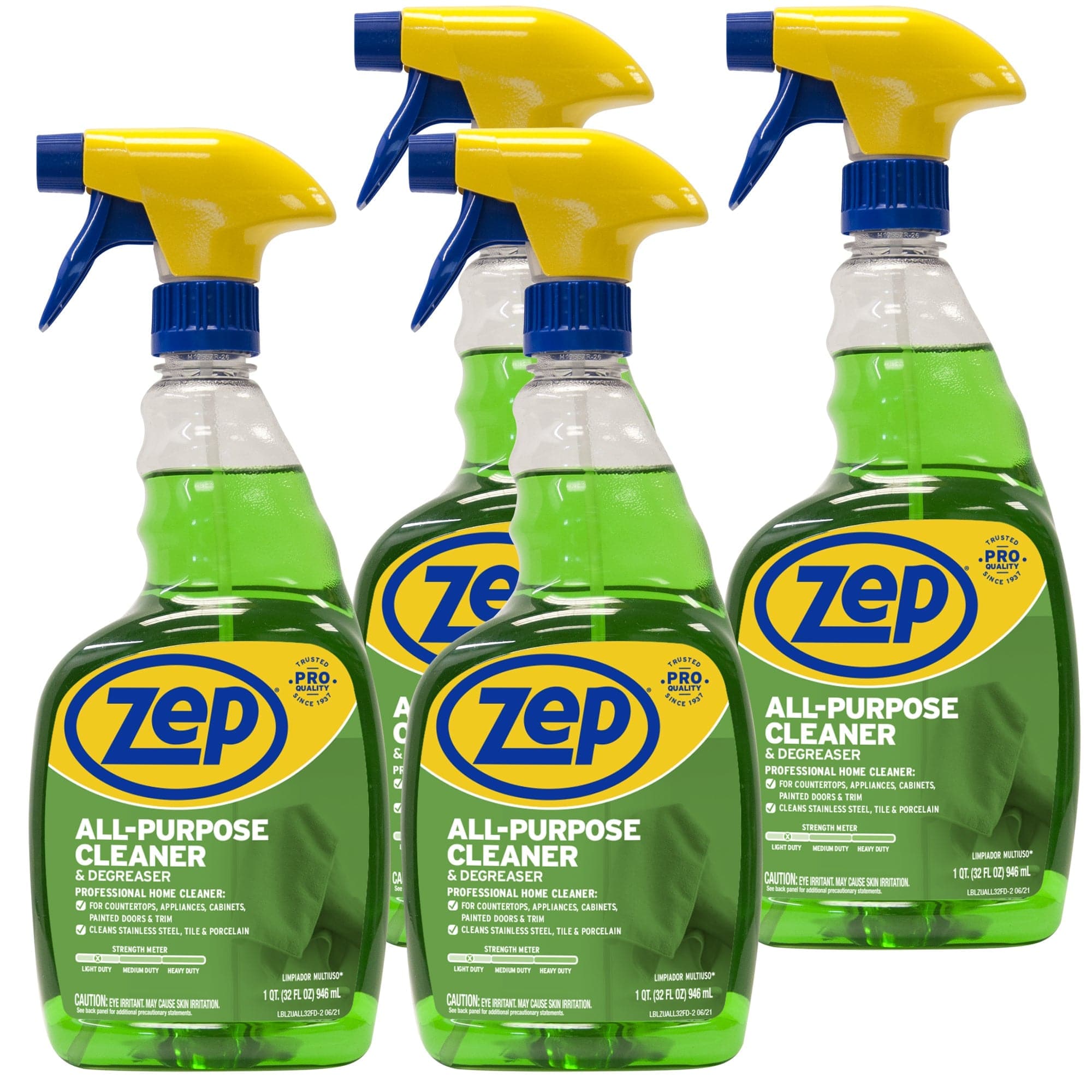
A multi-purpose cleaner is exactly what its name suggests – capable of cleaning a range of messy situations beyond just pipe blockages. These substances work well in cleaning drains, but also in the descaling of toilets, bathtubs and sinks. They chemically interact with dirt, grime, or scale on surfaces, breaking it down so it can be easily removed.
While they’re perfect for drain maintenance, they might not be potent enough for clogs that largely depend on substances like grease and hair. These require targeted solutions – like a powder or gel drain cleaner, or even professional attention from organisations like Plumbing Industry Association.
For safety and effectiveness, follow the manufacturer’s instructions carefully and use protective gear such as gloves and eyeglasses during application.
Benefits of Eco-Friendly Drain Unblockers
Eco-friendly drain unblockers have been growing in popularity due to their environmental benefits and user safety. They lack volatile chemicals which can potentially harm users and the environment.
These cleaners utilize natural enzymes or bacteria which ‘eat away’ at the blockage without causing any adverse effects to your pipes. They are most effective on organic blockages consisting of fats, hair or food particles.
The use of eco-friendly drain cleaners has plenty of benefits; amongst them is protection against pipe corrosion caused by harsh chemicals found in traditional cleaners. Plus, they are fully biodegradable – making them a much friendlier alternative to our environment compared to their chemical counterparts.
Insight into Pack Cleaning Bundles
When it comes to maintaining your home, tackling those pesky drain issues can often seem daunting. You might have heard about chemical drain cleaners and wondered if they really work.
According to Consumer Reports, chemical drain cleaners are a popular choice for clearing blockages, with around 20% of Australian households utilising them. Interestingly, these cleaning agents boast an impressive success rate of about 75% for minor clogs in Australia.
But what exactly are chemical drain cleaners? These solutions are typically composed of strong chemicals, such as sodium hydroxide or sulfuric acid. Out of the various brands available on the Australian market, approximately 60% contain either of these active ingredients to break down clogs effectively.
On top of this, a staggering 80% of these brands specifically market their effectiveness against hair and grease – two common culprits behind household blockages. In fact, Pavers (a renowned name in plumbing) includes drainage products in their comprehensive pack cleaning bundles designed to target these problems specifically.
Are Chemical Drain Cleaners Safe?
- User safety is definitely something to keep in mind when considering chemical drain cleaners. Data from poison control centres in Australia indicates that around 30% of calls are related to mishandling or accidental ingestion of household chemicals, including drain cleaners.
- Furthermore, about 50% of professional plumbers in the country often encounter misuse or overuse of these cleaning agents in homes. This can expose residents to unnecessary health risks and even lead to damage in pipes over time.
- This perhaps explains why roughly 40% of Australian households prefer mechanical cleaning methods, such as plungers and snakes, for addressing their drainage woes. These traditional techniques cause less harm to both the environment and human health, making them a preferred choice, particularly among environmentally-conscious homeowners.
Environmental Impact Of Chemical Drain Cleaners
The use of these chemical cleaning agents does not only affect individual households but also has a wider environmental impact. For instance, it is estimated that 5-10% of the total chemical pollutants in Australian urban wastewater systems come from drain cleaners. This contributes to water pollution and can harm aquatic life in the process.
While visiting any home improvement store, you will see a variety of these cleaning products available. When selecting one, it benefits to understand your specific needs and pick the product accordingly. For tougher clogs, you might want to skip over-the-counter chemicals and call for professional help instead.
Alternatives To Chemical Drain Cleaners
There are also several alternatives to harsh chemical cleaners that you may consider for treating minor blockages at home. Many of these options make use of readily available household items, such as baking soda and vinegar, hot water, or even a humble toilet plunger. While they might not always work against the toughest of clogs, they are safer, more cost-effective, and better for the environment.
In Conclusion…
While chemical drain cleaners can potentially provide a quick fix for minor clogs in your drains, their safe usage and environmental impact remain significant concerns to be aware of. Remembering that plumbers often encounter misuse of these cleaners gives us cause for pause. It underscores why alternatives are favoured by many households in Australia. Ultimately, maintaining regular cleaning routines with gentle methods can prevent serious clogs from forming — saving both your pipes and our environment.
Frequently Asked Questions (FAQ)
What are chemical drain cleaners?
Chemical drain cleaners are solutions composed of strong chemicals, typically sodium hydroxide or sulfuric acid, designed to break down clogs in drains, pipes and other types of plumbing fixtures.
Are chemical drain cleaners effective?
Yes, for minor clogs, chemical drain cleaners demonstrate a reported effectiveness rate of about 75%. However, for more severe blockages, professional plumbing services may be required.
Are chemical drain cleaners safe to use?
While they can be effective, chemical drain cleaners can pose health risks if misused or mishandled. They can also cause damage to pipes when overused. Protective gear should be worn during application.
Are there any environmentally-friendly alternatives to chemical drain cleaners?
Yes, there are eco-friendly drain cleaners that use natural enzymes or bacteria to break down blockages. They are safer for local water systems and your home’s pipes, and are fully biodegradable.
How should I apply a chemical drain cleaner?
Always read the manufacturer’s instructions carefully before use. Pour the instructed amount of cleaner into your blocked drain, then leave it to act for the prescribed period. After this time, flush the drain with water.
Can I use a chemical drain cleaner to unclog my toilet?
No, it is not recommended to use chemical drain cleaners in toilets as the heat generated could cause the toilet bowl to crack.
Do chemical drain cleaners cause water pollution?
Yes, chemical drain cleaners are estimated to contribute to 5-10% of the total chemical pollutants in Australian urban wastewater systems.
What are some common household alternatives to chemical drain cleaners?
Some household alternatives to chemical drain cleaners include using a plunger, pouring a mixture of baking soda and vinegar or a pot of boiling water down the drain.
What is the best way to avoid blockages in drains?
To prevent blockages from forming, maintain regular cleaning routines with gentle methods. If clogs do occur, addressing them as quickly as possible can prevent further complications.
- Can I Get a Plumber to Help Me Install An Under Sink Water Boiler in Our Office Kitchen? - September 14, 2024
- Can a Plumber Help Me Clear a Badly Clogged Toilet? - September 4, 2024
- Can a Plumber Help Me to Replace a Bathtub Drain Stopper? - August 29, 2024
Related posts:
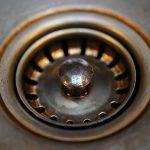 What Are Your Top Tips to Help Prevent Shower Drain Clogs?
What Are Your Top Tips to Help Prevent Shower Drain Clogs?
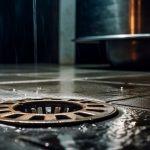 What Should I Do If My Bathtub Is Slow to Drain?
What Should I Do If My Bathtub Is Slow to Drain?
 Can Your Plumbers Help Unclog a Sink Drain?
Can Your Plumbers Help Unclog a Sink Drain?
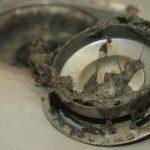 What Are The Top Causes of Foul Odours From My Drains?
What Are The Top Causes of Foul Odours From My Drains?
 How Do I Prevent Hair From Clogging My Shower Drain?
How Do I Prevent Hair From Clogging My Shower Drain?
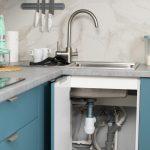 Can a Plumber Use a Drain Snake to Unclog My Pipe? Or Are These Not Commonly Used Anymore?
Can a Plumber Use a Drain Snake to Unclog My Pipe? Or Are These Not Commonly Used Anymore?

